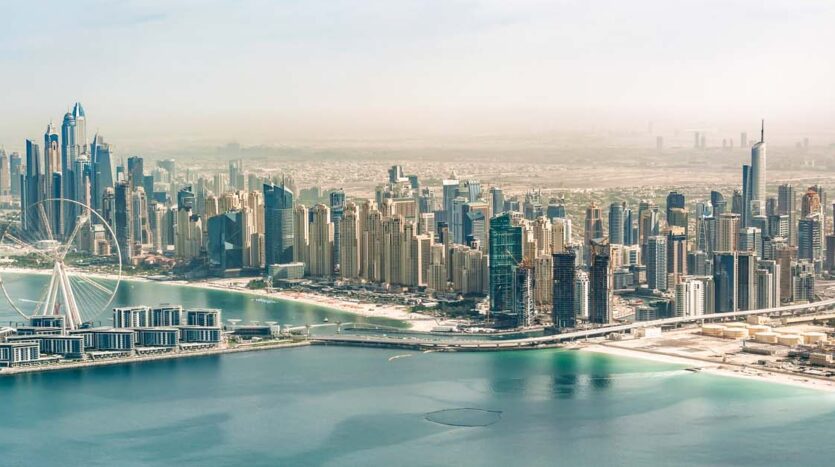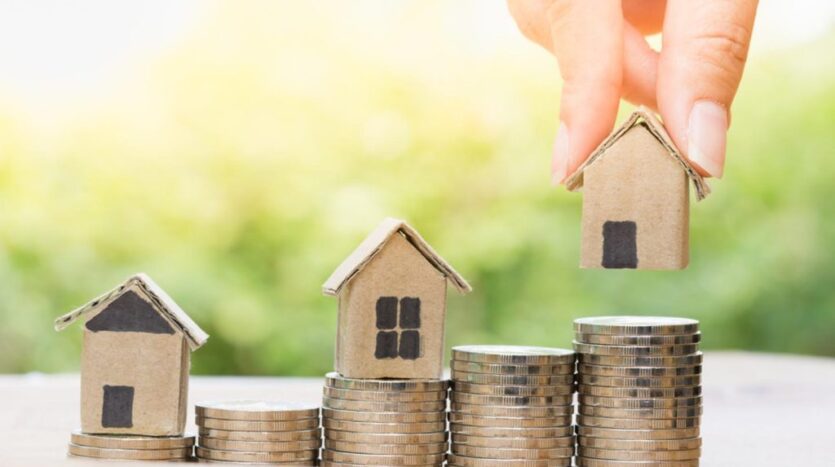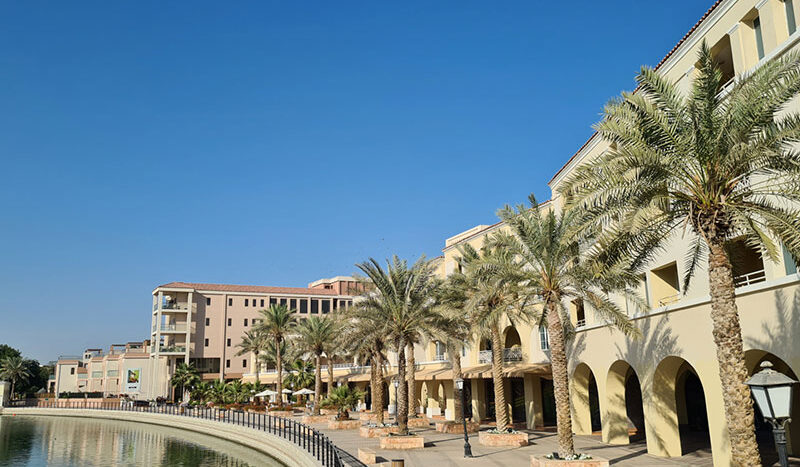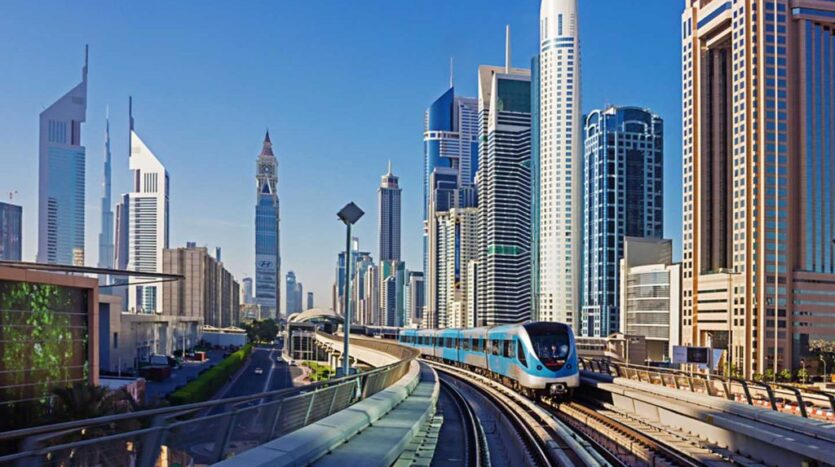Pros and Cons of Owning Property in Dubai: A Comprehensive Guide
With its rapid growth and reputation as a global hub for business, tourism, and luxury living, Dubai has become a magnet for property investors worldwide. However, there are important pros and cons to consider before making a purchase. This guide provides an in-depth look at the advantages, challenges, and key factors like choosing between new and older properties in Dubai’s vibrant real estate market.
Why Invest in Dubai’s Real Estate Market?
Dubai is known for its towering skyscrapers, innovative infrastructure, and a lifestyle that blends modernity with tradition. Its real estate market, bolstered by investor-friendly policies and tax benefits, makes it a lucrative choice for both local and international investors. The city’s strategic location and stable political environment further enhance its appeal, attracting investors aiming to secure high returns and enjoy the city’s benefits.
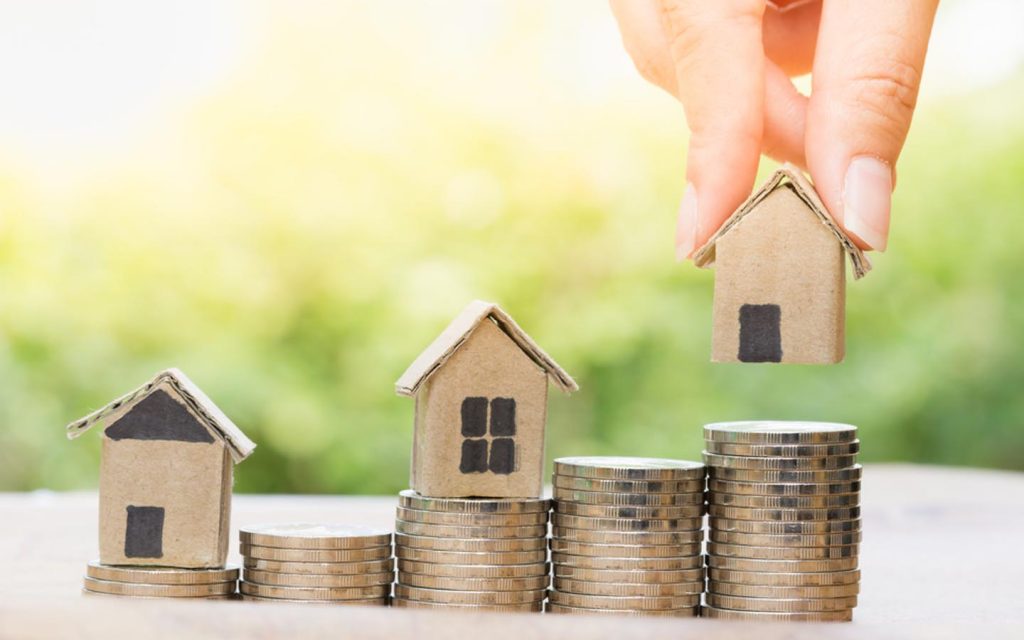
The Benefits of Owning Property in Dubai
1. Real Estate Diversity
Dubai’s real estate landscape is exceptionally diverse, offering properties across residential, commercial, and mixed-use sectors. Investors can choose from a wide array of high-rise apartments, townhouses, and luxurious villas. Whether looking to reside or rent, Dubai’s vast options ensure a property for every preference and investment goal.
2. High Return on Investment (ROI)
Dubai is known for yielding high rental income, especially in sought-after areas like Downtown Dubai, Dubai Marina, and Business Bay. These areas have rental yields of 6-9% annually, drawing investors seeking profitable ventures. Given Dubai’s appeal as a tourism and business hub, short-term rentals can be particularly profitable, adding flexibility to investment strategies.
Read more about Maximizing Your ROI in Dubai’s Real Estate Market
3. Off-Plan and Under-Construction Properties
One of Dubai’s unique investment opportunities lies in off-plan properties. These projects, purchased while still under construction, offer lower entry costs than completed properties and provide flexible payment plans. Developers frequently offer incentives to off-plan buyers, such as deferred payment schemes and reduced registration fees, making these properties appealing to both first-time and seasoned investors.
4. Freehold Property Ownership
Dubai’s government allows foreigners to own properties in designated freehold areas, opening the market to international buyers without requiring local sponsorship. This freedom means investors can hold full ownership of their properties, sell, lease, or occupy as they please. Popular freehold zones include Palm Jumeirah, Dubai Marina, and Downtown Dubai, offering luxurious lifestyle and high demand among renters.
Read about Can Foreigners Buy Property in Dubai?
5. Tax-Free Investment Environment
Dubai’s tax-free policy is a major advantage for real estate investors. Unlike other global markets, there are no property taxes or capital gains taxes, maximizing net returns and making long-term investments more lucrative.
6. Lifestyle and Living Standards
Dubai boasts world-class infrastructure and amenities, from state-of-the-art healthcare and educational institutions to premier shopping and recreational facilities. The city is also renowned for its high levels of security, enhanced by initiatives like Dubai’s Smart Police Stations, making it a secure and luxurious destination for families and individuals alike.
7. Accessibility and Tourism
Dubai’s popularity as a global tourism hub brings significant opportunities for rental investments, especially in short-term rentals. With direct connections to major cities worldwide and attractive tourist seasons, Dubai offers excellent rental income potential throughout the year.
Challenges of Owning Property in Dubai

8. High Upfront and Additional Costs
The initial purchase price isn’t the only cost for investors in Dubai. Other significant expenses include the 4% Dubai Land Department registration fee, mortgage registration fees, and various administrative charges. While these costs are customary, they can add up, so potential buyers should carefully budget.
9. Property Maintenance Costs
Maintenance costs are often higher for older properties, especially those that have seen years of usage. Although newer properties may incur fewer immediate maintenance expenses, owners should still budget for upkeep, especially when factoring in services like cleaning, landscaping, and general repairs.
10. Market Volatility
As with any real estate market, Dubai’s property sector is subject to economic fluctuations. Dubai has faced periods of market cooling in response to global economic changes, and though the government actively implements policies to stabilize the market, buyers should consider the risk of market shifts.
11. Potential Oversupply Concerns
The rapid pace of property development in Dubai has led to concerns about oversupply in some areas. Oversupply can lower rental prices and affect property values, especially in less central locations. However, central and high-demand areas tend to remain resilient, particularly those with limited space for further development.
Old vs. New Property in Dubai: Comparison Table
For those deciding between new and older properties, each has its unique set of advantages and challenges. Below is a table summarizing the key differences to help make a well-informed choice:
| Aspect | New Property | Old Property |
|---|---|---|
| Cost | Higher cost due to demand and modern amenities. | Generally lower cost than new properties, but varies with location. |
| Location | Usually in newer, developing communities with advanced infrastructure but further from city centers. | Typically located in central, well-established areas with easy access to services and facilities. |
| Condition | Excellent condition with new fittings, often under warranty. | May require upgrades or renovations to meet current standards. |
| Maintenance Costs | Lower initial maintenance costs, especially within the first few years. | Higher maintenance costs due to potential wear and age-related repairs. |
| Rental Potential | High rental value due to modern amenities, appealing to short-term renters or professionals. | Moderate to high rental potential depending on location, though might attract long-term renters. |
| Technology & Amenities | Includes the latest technology, energy-efficient appliances, and high-end amenities. | Older technology and fewer amenities; upgrades may be required for modern conveniences. |
| Design & Layout | Modern layouts with open floor plans and luxury finishes; potential customization options from developers. | Traditional layouts with separate rooms, which might have larger spaces, though with limited customization. |
| Space | Newer units might have compact spaces to accommodate modern design trends. | Typically larger internal space due to older design standards. |
| Flexibility for Renovation | Limited renovation options, often requiring developer or municipality approvals for any major changes. | More flexibility in renovations; owners may modify layouts or designs without restrictions, especially in older buildings. |
Find a new properties in Dubai
Other Considerations for Property Buyers

Visa Options for Property Investors
Dubai offers visa options for property investors, including the coveted Golden Visa, which grants long-term residency to investors and their families. Investors meeting minimum spending thresholds can secure residency visas, further incentivizing investment.
Common Mistakes to Avoid When Buying Property in Dubai
New buyers may fall into common traps such as underestimating additional costs or failing to research the market thoroughly. Working with an experienced real estate agent and conducting comprehensive due diligence can help buyers avoid these pitfalls.
Conclusion: Is Buying Property in Dubai the Right Choice?
Investing in Dubai’s real estate market presents an array of opportunities, from high ROI potential to tax-free profits. However, challenges such as upfront costs and market fluctuations exist. Whether opting for a new or old property, Dubai offers a wealth of options catering to both personal and investment purposes. For those looking to diversify their portfolios or enjoy Dubai’s luxurious lifestyle, the city’s real estate remains a promising choice.
Yes, foreigners can own property in designated freehold areas in Dubai, allowing them full ownership rights.
Apart from the property’s price, buyers face additional costs like the 4% DLD registration fee, mortgage registration fees, and administrative charges.
Dubai has no property or capital gains taxes, making it a tax-free investment environment.
Rental yields vary by area, with popular locations like Dubai Marina and Downtown Dubai averaging yields of 6-9% annually.
Yes, Dubai offers residency options for investors meeting minimum spending thresholds, including the long-term Golden Visa.
Off-plan properties often offer lower prices and flexible payment plans, while ready properties provide immediate rental income potential.
Resources

